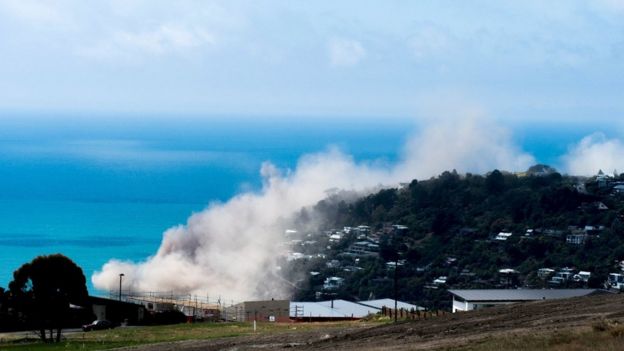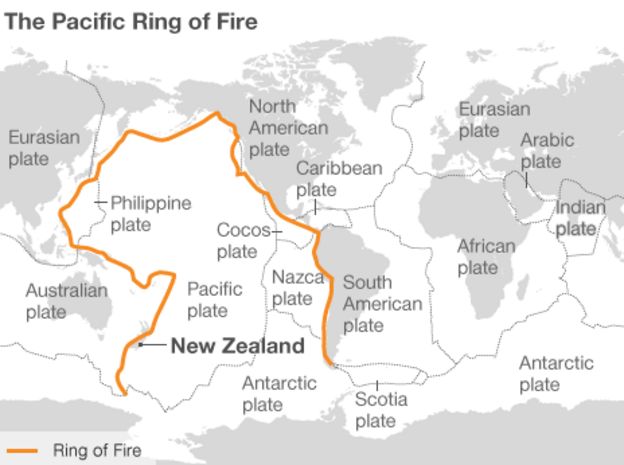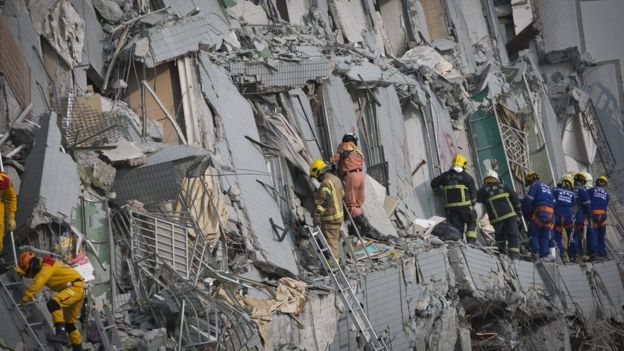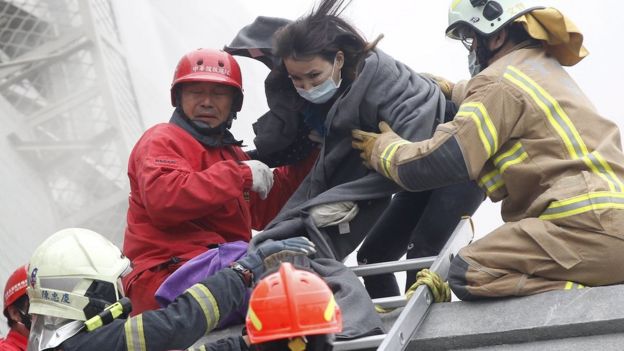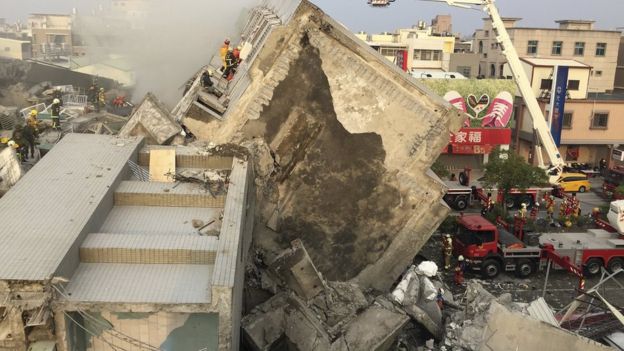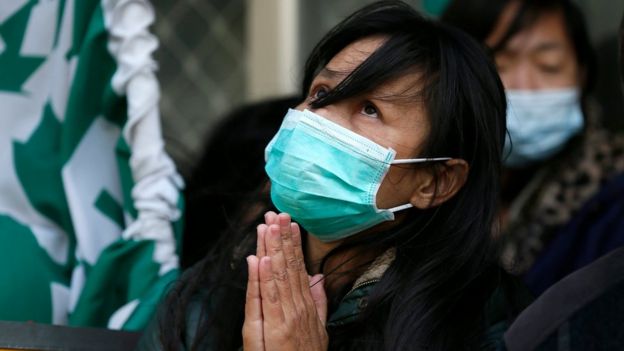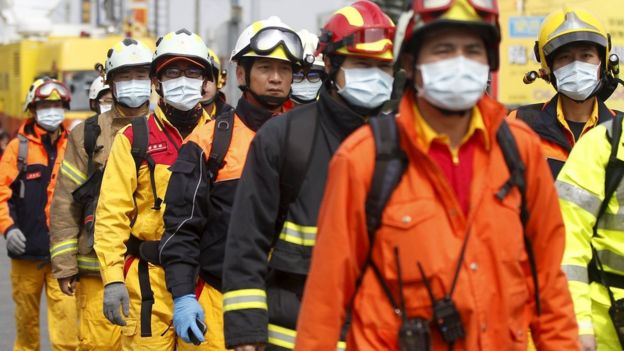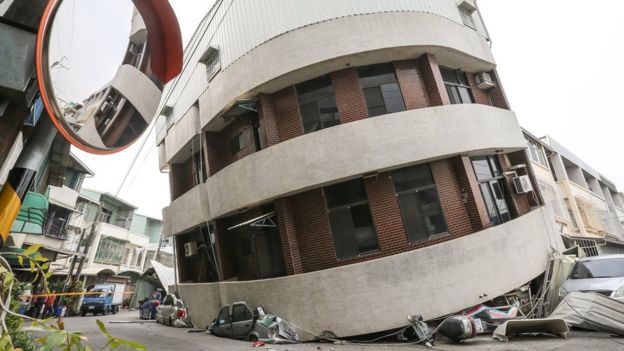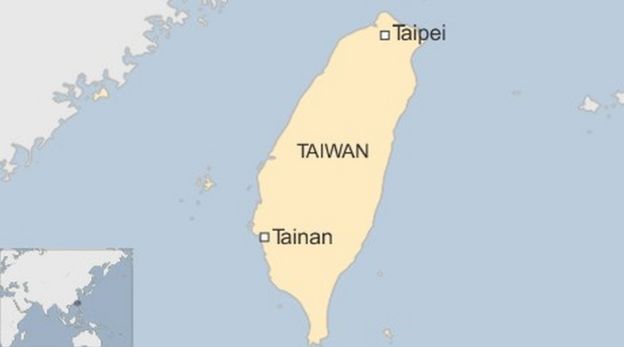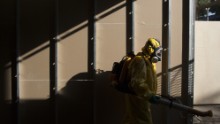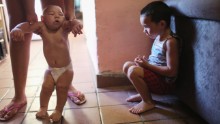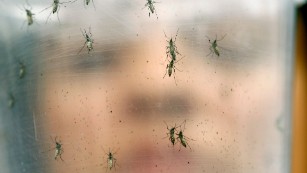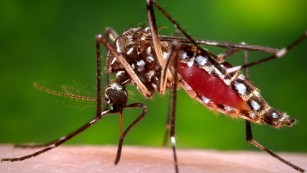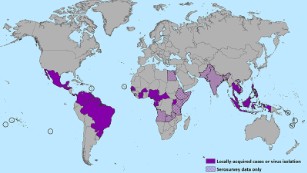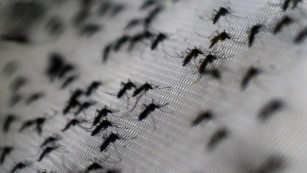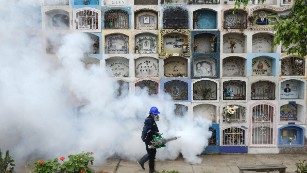
The Foreign and Commonwealth Office (FCO) advise against all travel to:
-
within 100km of the entire Iran/Afghanistan border
-
within 10km of the entire Iran/Iraq border
-
the province of Sistan-Baluchistan
-
the area east of the line running from Bam to Jask, including Bam
At present the British Embassy can only offer a limited consular
service. If you need routine consular assistance in Iran you should
contact the Foreign and Commonwealth Office on +44 20 7008 1500.
If you need emergency consular assistance, including an emergency
travel document, you should contact the Swedish Embassy in Tehran.
Re-establishing a full consular service is a priority and we hope to be in a position to offer this within the next few months.
See
Safety and security
There is a general threat from terrorism. See
Terrorism
Take out comprehensive travel and medical
insurance before you travel.
British nationals - including dual British/Iranian
nationals - face greater risks than nationals of many other countries.
The security forces may be suspicious of people with British
connections. The risks are likely to be higher for independent
travellers or students than for members of tour parties or business
people invited by the Iranian authorities or companies.
Any behaviour that doesn’t have an obvious explanation can put you at
risk, no matter how innocent you believe it to be. This may include
travel off the beaten track, being present near crowds or sensitive
sites, having contact with Iranians who are of interest to the
authorities, taking photographs (except in major tourist sites), or
behaviour that could be perceived as contrary to official Iranian
interpretations of Islam. The threat to travellers is likely to be
higher if there’s any national unrest, terrorist incident or an increase
in tensions between Iran and the international community.
You should consider carefully the risks of travelling to Iran. If you choose to travel, keep a low profile.
The Iranian authorities have in many cases failed to meet their
international obligations to notify Embassies when foreign nationals
have been detained. Even if requested, adequate consular access isn’t
always granted. You should therefore keep in close touch with family or
friends back home.
At present the British Embassy can only offer a limited consular
service. If you need routine consular assistance in Iran you should
contact the Foreign and Commonwealth Office on +44 20 7008 1500. If you
need emergency consular assistance, including an emergency travel
document, you should contact the Swedish Embassy in Tehran.
Border areas
Border areas are particularly sensitive. The FCO advise against all
travel to: areas within 100km of the Iran/Afghanistan border; within
10km of the entire Iran/Iraq border; the province of Sistan-Baluchistan;
and the area to the east of Bam and Jask, including Bam. This area is
notorious for banditry and is the main route for drug-traffickers from
Afghanistan and Pakistan. The towns of Zahedan, Zabol and Mirjaveh are
particularly insecure.
Some Iranian officials and media reports have falsely alleged a UK
connection to separatist groups in Khuzestan and Sistan-Baluchistan. If
you travel to these areas against our advice, stick to the main routes
to avoid accidentally entering the numerous restricted or military
zones.
Crime
There have been some attacks and robberies against foreigners. Young
men on motorcycles or in cars have snatched bags from individuals either
on the street or through open car windows/doors.
There have been attempted robberies by bogus policemen, usually in
civilian clothing. If you are approached by anyone who claims to be a
policeman, ask to see their ID and request the presence of a uniformed
officer or marked patrol car. Don’t hand over any documents or cash, or
get in to any vehicle.
There have been incidents of motorcycle taxis taking tourists to quiet locations where they are then robbed.
Take sensible precautions to protect yourself from street crime.
Avoid carrying large amounts of money and keep your passport safe.
Pre-booked taxis are safer than those hailed from the street.
Road travel
Iran has a high rates of road accidents. Take great care when
travelling by road, including by public transport and when crossing
streets. If you’re involved in an accident, no matter how minor, don’t
leave the scene. Wait until the police arrive to make their report.
The Iranian authorities sometimes set up informal roadblocks both in
cities and on main highways. They are often staffed by young and
inexperienced officers. You should always carry your identification with
you and avoid getting into disputes.
If you wish to drive your own vehicle into Iran, you may be subject
to Iranian customs and other regulations. There are special requirements
for travellers wishing to bring motorcycles into the country. Women
aren’t allowed to drive a motorcycle on public roads. Contact the
Iranian authorities for details well before you travel.
Air travel
The
European Union has highlighted a number of concerns
about air safety oversight in Iran. Since April 2010, the State carrier
Iran Air has been subject to operational restrictions in the EU and
only 14 Airbus A300, eight Airbus A310 and one Boeing 737 from their
fleet have
permission
to operate to/from the European Union. The restriction was put in place
because Iran Air had been unable to demonstrate that a number of
aircraft in its fleet meet international safety standards.
The list of airlines banned within the EU is based on random
inspections on aircraft of airlines that operate flights to and from EU
airports. The fact that an airline is not included in the list does not
automatically mean that it meets the applicable safety standards.
There is limited reliable independent expert information available
about domestic airline safety in Iran and the International Civil
Aviation Organisation has not audited those bodies responsible for air
safety oversight in Iran. Aircraft operating domestic routes in Iran may
not necessarily comply with international safety standards. There have
been a number of
fatal accidents.
Sea travel
Many areas of the Caspian Sea and Persian Gulf are highly sensitive
politically. The waters around the islands of Abu Musa and the Tunbs in
the southern Persian Gulf are particularly sensitive and are
militarised. In 2005 a British couple who anchored at Abu Musa were
detained and French and German nationals were imprisoned for entering
the waters near the island. In November 2009 a group of British sailors
were detained for a week, along with their yacht, after accidentally
sailing into Iranian waters in this area.
Mariners should not attempt to dock at all or sail into waters around
these islands without express permission from the Iranian authorities.
You should maintain a high state of awareness and be alert to local
and regional tensions which may affect your route. Vessels operating in
the Gulf of Oman, Northern Arabian Sea, Gulf of Aden and Bab El Mandeb
regions may be at increased risk of maritime attack.
In April 2015, a container ship with an international crew was
detained by Iranian forces while transiting the Straits of Hormuz,
following what the Iranian authorities said was a court order relating
to a commercial dispute; the ship and crew were released 9 days later.
Political situation
The June 2013 Presidential Elections passed peacefully. However
demonstrations are heavily policed with security forces deployed in
large numbers and protestors have previously been taken into custody.
You should stay away from demonstrations, rallies, large crowds and
areas where police and security forces are deployed. International news
events can sometimes trigger anti-western demonstrations. Western
diplomatic missions have been the focus for previous protests. There is
the potential for these to occur on Fridays after prayers. If you are
unable to leave the immediate vicinity quickly, you should find a place
of safety off the street, preferably indoors.
Consular assistance services
At present the British Embassy can only offer a limited consular service.
If you need routine consular assistance in Iran you should contact
the Foreign and Commonwealth Office on +44 20 7008 1500. In an
emergency, including if you need an emergency travel document, you
should contact the Swedish Embassy in Tehran.
Swedish Embassy
Address: 27 Nastaran Str, Boostan Ave, (North of Lavasani), Tehran
Telephone: 0098-21-2371 2200
Fax: 0098-21-222 964 51
Email:
ambassaden.teheran@gov.se
Re-establishing a full consular service is a priority and we hope to be in a position to offer this within the next few months.
You can’t
apply for a British passport in Iran
at this time. If you want to apply for a new British passport or renew
an existing one in Iran, you should use another passport (if you hold
dual nationality) to exit Iran and make a full validity UK passport
application elsewhere.
Iran is a Muslim country in which Islamic law is strictly
enforced. You should respect local traditions, customs, laws and
religions at all times and be aware of your actions to ensure that they
do not offend, especially during the holy month of Ramadan or if you
intend to visit religious areas. It is forbidden to eat, drink or smoke
in public during daylight hours during the month of Ramadan.
In 2016, the holy month of Ramadan is expected to start on 6 June and finish on 5 July.
See
Travelling during Ramadan
Islamic codes of behaviour and dress are strictly enforced. In any
public place women must cover their heads with a headscarf, wear
trousers (or a floor length skirt), and a long-sleeved tunic or coat
that reaches to mid-thigh or knee. Men should wear long trousers and
long-sleeve shirts.
There are additional dress requirements at certain religious sites.
Women may be asked to put on a chador (a garment that covers the whole
body except the face) before entering.
Relationships between non-Muslim men and Muslim women are illegal,
although few Westerners have been prosecuted. If a Muslim woman is found
in a relationship with a non-Muslim man, she may be sentenced to be
whipped.
Women should take extra care, particularly when travelling alone or
with friends of the opposite sex. If you’re a woman travelling in Iran
you should respect local dress codes and customs and avoid isolated
areas. See
these travel tips for women travellers.
Unmarried partners and friends of the opposite sex travelling
together should be discreet at all times in public. Iranian hotel
managers could insist on seeing a marriage certificate before allowing
any couple to share a double hotel room. Homosexual behaviour, adultery
and sex outside of marriage are illegal under Iranian law and can carry
the death penalty.
Women’s magazines and DVDs or videos depicting sexual relations are
forbidden. There are occasional clampdowns. Satellite dishes and many
Western CDs and films remain illegal.
The import, sale, manufacture and consumption of alcohol in Iran is
strictly forbidden on religious grounds, with exceptions only for
certain recognised Iranian religious minorities (not foreigners).
Penalties can be severe.
Photography near military and other government installations is
strictly prohibited. Sensitive government buildings and facilities are
often difficult to identify. Take extreme care when taking photographs
in any areas that are anything other than very obvious tourist
attractions.
Using a laptop or other electronic equipment in public places can be
misinterpreted, especially if it contains photographs. You may be
arrested and detained on serious criminal charges, including espionage.
It’s better to ask before taking photographs of people.
Penalties for importing and possessing drugs are severe and enforced.
Many individuals convicted of drug offences, including foreign
nationals, have been executed.
Importing pork products isn’t allowed.
The Iranian legal system differs in many ways from the UK. Suspects
can be held without charge and aren’t always allowed quick access to
legal representation. In the past, consular access has been very
limited.
In some cases, we believe that individuals involved in commercial
disputes with Iranian companies or individuals have been prevented from
leaving the country pending resolution of the dispute.
As a representative of a British or western company, you may be
subject to particular attention. British business people travelling to
Iran should take appropriate steps to protect commercially sensitive
information (including password protection of electronic devices
(minimum 4 digits) and not taking unnecessary information with you).
Electronic devices may be screened by customs officials on arrival and
departure.
You should carry a photocopy of your passport for identification. Make sure you have included emergency contact details.
-
Health
-
Natural disasters
-
Money
-
Contact FCO Travel Advice Team
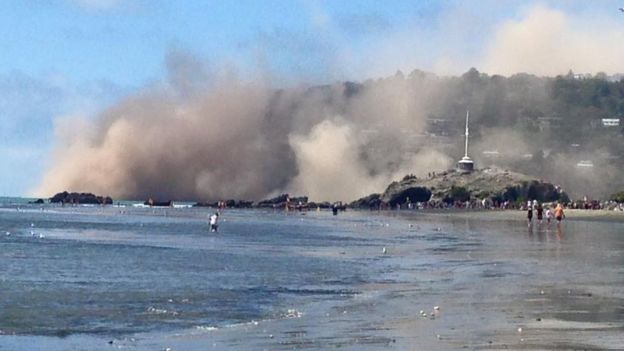 Image caption
The earthquake, classified as severe, lasted less than 30 seconds3
Image caption
The earthquake, classified as severe, lasted less than 30 seconds3